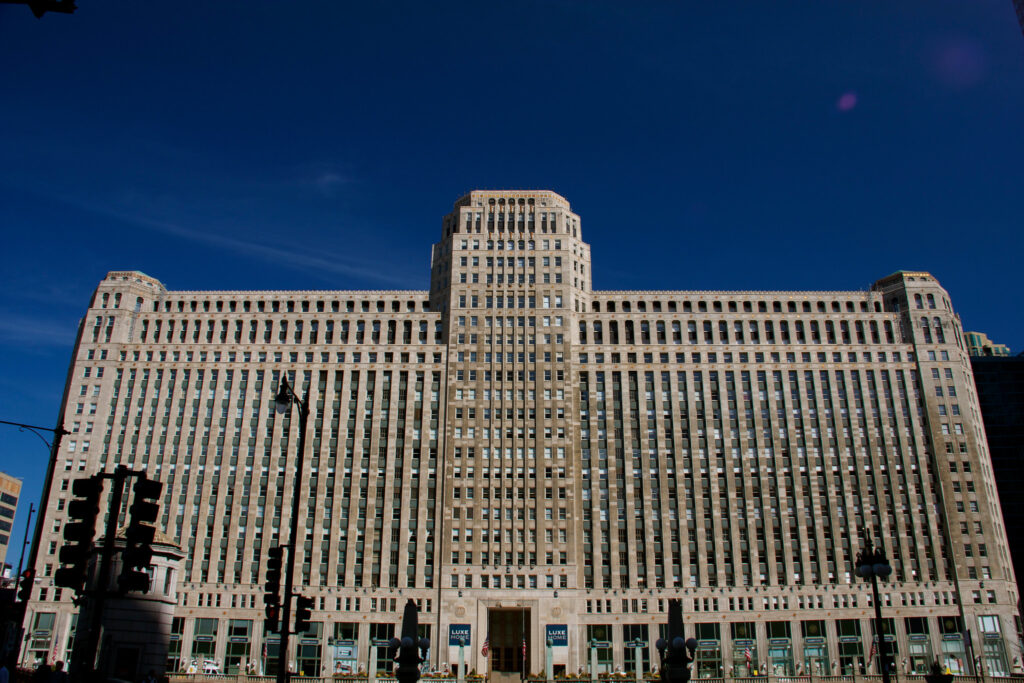Since I started writing this newsletter just over a year ago, I’ve written a lot about the pursuit of a circular economy, and the economic and environmental benefits it could bring. I’ve also frequently touched on the importance of a connected economy as well, because a circular economy is only effective if people are connected to it (and to each other).
In this edition, I’d like to talk about one other variation: the sharing economy. This is one type of economy that many of you have likely heard of in recent years — however, its use is shifting, and it is becoming increasingly important for businesses to approach a sharing economy mindset in the right way.
I actually wrote about the sharing economy a few years back, in 2018. While my company, Rheaply, today has the circular economy as the foundation of its mission and technology, we started out purely focused on sharing. (Specifically, sharing scientific equipment between labs.) To learn more about the distinctions between the sharing economy and the circular economy, I recommend reading this recent blog by my colleague Julia, but in general the sharing economy is focused on one specific stage of the product lifecycle: the “use” stage. Essentially, a sharing economy is one in which the same product can be used by multiple people, without needing to be recycled or remanufactured in some way.
Classic examples like Uber and Airbnb allow users to share cars and dwellings, respectively. These companies are very much consumer-focused, but while the sharing economy has traditionally focused in the B2C space, we are beginning to see momentum toward a B2B sharing economy as well. As this article in Fast Company shows, there are a great deal of potential benefits to businesses, including the ability to reduce capital expenditures, generate new revenue streams, and increase agility. And, of course, the environment will also benefit from greatly reduced waste.
So what do business leaders — and circular leaders — need to do to embrace this shift and accelerate the benefits it can bring? There are a few things. The first is to treat the sharing economy as a powerful tool in your circular strategy. There is sometimes a tendency to focus on the more complex early stages of a product lifecycle, such as making improvements to material design and efficiency. Emphasizing sharing in the use stage of the lifecycle may seem simple by comparison, but it is an important complement to other sustainability efforts, and can have a large impact on achieving circularity.
Once you embrace that mindset, think about what you can share — both from what you currently own and what you don’t. With a little thought, you could likely find numerous ways to connect into the sharing economy. Some are more readily apparent, like sharing office or manufacturing space. Others may be less tangible, like the Fast Company article’s example of sharing intellectual property. With new companies continuing to launch to fill sharing economy niches, you can find a way to share just about anything.
To that end, one final thing I wanted to touch on is the concept of reprocurement. There is a lot to say here — I’m sure I’ll be touching on it more in a future newsletter edition — but reprocurement is rooted in circular supply chain and sharing economy principles. It is not the same as “sustainable procurement, which is generally focused on the initial procurement of resources”; instead, reprocurement focuses on resources that are already in the market.
I’ve often said that if you’re a business, protecting your physical assets and resources should be second only to protecting your people. Reprocurement is an important distribution tool of a sharing economy, keeping used materials in circulation longer. It is also an impactful way to empower your people to decide where resources can be utilized and whether they still have value, rather than just letting recyclers or disposition partners decide what is waste and what is valuable. I expect reprocurement to continue to grow in popularity as part of the sharing economy, and I believe its impact can be dramatic.
Are you ready to push toward a B2B sharing economy? I’d love it if you shared your thoughts in the comments!


